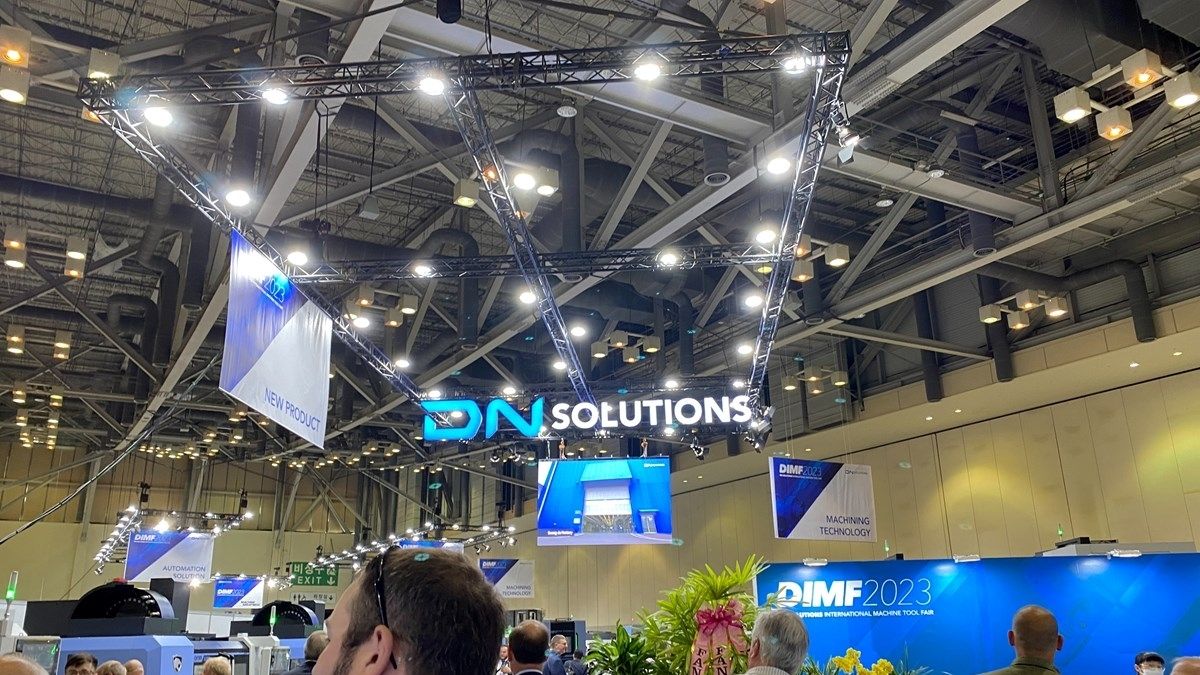
South Korea is grappling with a significant labor shortage in the auto mechanics sector, with industry experts and officials urging the government to ease visa regulations to attract more foreign professionals. The decline in the profession’s popularity among the younger Korean population, fueled by negative social perceptions, has led to calls for immediate action to prevent potential disruptions in vehicle maintenance services.
Chronic Labor Shortage Hits South Korea’s Auto Industry
The vehicle maintenance industry in South Korea is facing a critical shortage of skilled mechanics, a situation exacerbated by the profession’s diminishing appeal among the nation’s youth. Lee Ho-geun, an automotive engineering professor, highlighted the challenges in altering the job’s image and the necessity of recruiting from abroad. Drawing parallels with Japan’s more inclusive approach towards foreign mechanics, Lee suggests South Korea could significantly benefit from similar policy adjustments.
Technological Advancements vs. Workforce Readiness
As South Korea strides forward in future mobility technologies, the gap in the maintenance sector’s capabilities becomes increasingly evident. Kim Pil-soo, an automotive technology professor, emphasized the urgent need for a robust car maintenance system to keep pace with the proliferation of hybrid and electric vehicles (EVs). The current shortage of qualified mechanics, coupled with the industry’s unpopularity, poses a serious threat to the nation’s automotive maintenance capacity, especially as the demand for eco-friendly vehicles continues to rise.
Government Intervention Urged
With the majority of on-site maintenance workers aging, the industry fears that the scarcity of mechanics could lead to customer dissatisfaction and operational hurdles. The government is called upon to devise strategies to mitigate the workforce exodus and to consider the benefits of opening its doors wider to skilled foreign workers. Such measures could not only solve the immediate labor crisis but also enhance South Korea’s competitiveness in the global automotive industry.
This dire situation serves as a wake-up call for South Korea to reevaluate its visa policies and education system concerning auto mechanics. As the country aims to maintain its stature in automotive innovation, addressing the labor shortage through international collaboration and policy reform could pave the way for sustainable growth and service excellence in the automotive sector.
